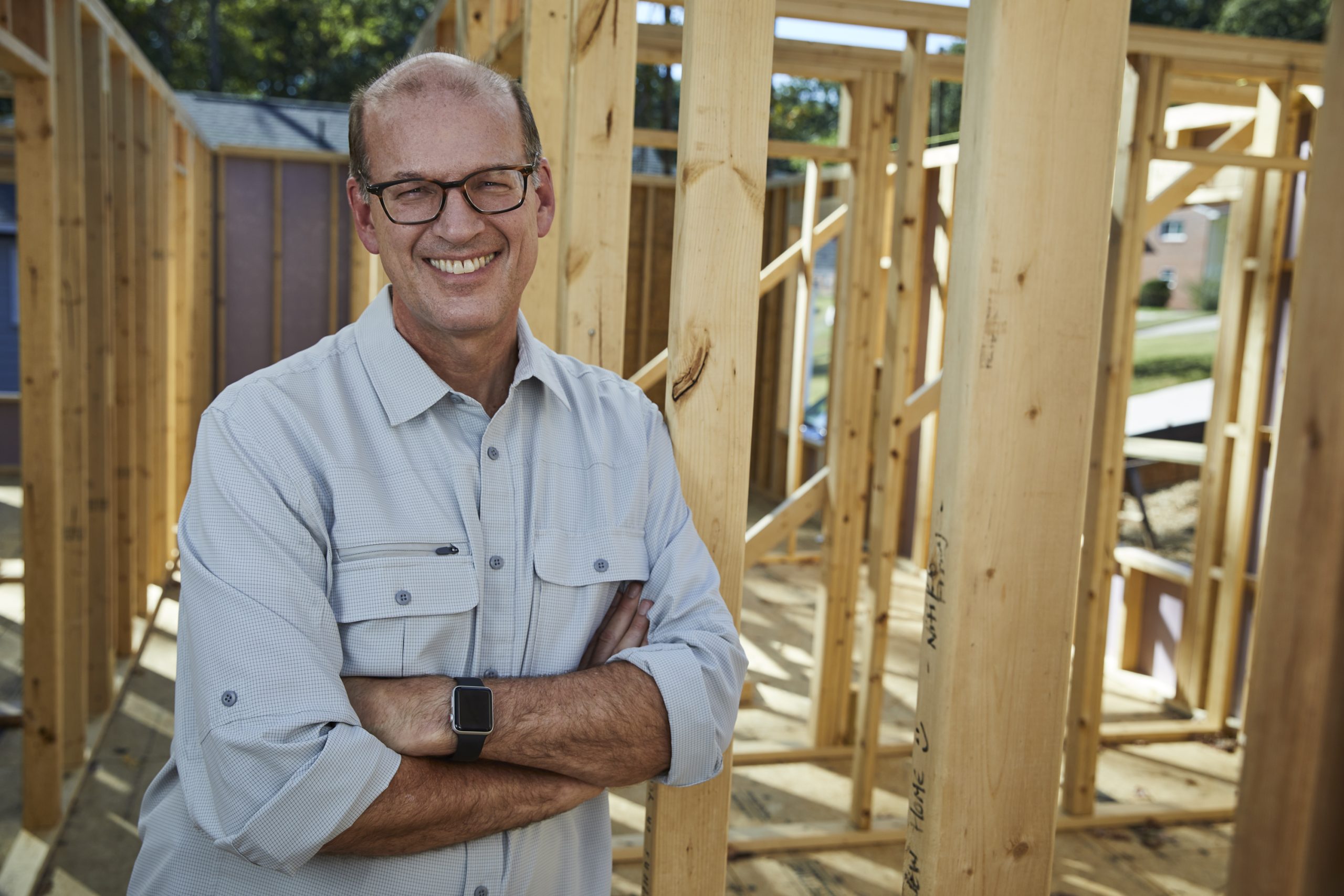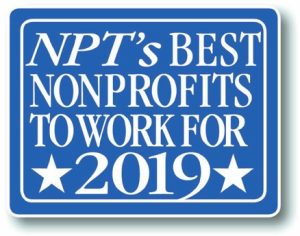My carefully crafted 100-day plan was suddenly meaningless.
Fifteen years ago this summer, when I accepted the job as CEO of Habitat for Humanity International, I made plans to travel the world to meet our team, learn more about our global operations and investigate our ongoing recovery work following the 2004 Indian Ocean tsunami. That all changed, however, when hurricanes Katrina and Rita struck the U.S.
Suddenly, there was no business as usual.
The destruction demanded that we think not just in terms of building houses, but of impacting entire regions. We drastically changed our ideas of what was possible and found bold new ways to scale our work. In the years following, Habitat served an estimated 25,000 families in the Asia-Pacific region and 6,000 families along the U.S. Gulf Coast as we helped rebuild communities.
I barely had a sense of our new normal before disaster struck again. The 2008 financial crisis wreaked havoc on housing in the United States and required Habitat to rethink our model. With huge numbers of vacant and foreclosed homes gutting communities, we had to shift from focusing on new construction to repairing and rehabbing more houses. This launched our more holistic community development work.
Today, we face new crises. Wildfires are tearing through California, and another hurricane has slammed into the Gulf Coast, leaving a path of destruction once again. We continue to struggle with the virulent coronavirus, which is not just a health emergency, but also an economic crisis. It has shone a bright light on the lack of safe and healthy housing and has required us to make significant adjustments. Now, more than ever, Habitat is needed to help families have decent, affordable places to call home. But at the same time, we want to keep volunteers safe and be responsible about our actions as we consider the health of the communities in which we work.
And then there’s the overdue reckoning of racial justice issues in the U.S., brought about by the senseless violence against Black Americans such as George Floyd, Breonna Taylor, Ahmaud Arbery, Jacob Blake and too many others. We are called to confront attitudes and intentional policies — particularly housing policies — that have excluded and limited opportunities for Black Americans. We know the impact our work in the U.S. can have for historically underserved communities and how a decent home can change the trajectory of a family’s health, education and economic opportunity. Our challenge is to scale our efforts commensurate with the growing need, and we are working with that in mind every day.
I certainly acknowledge we don’t have all the answers — particularly during a time when the things we usually do in response to disasters don’t work so well when we are remaining socially distant. But after 15 years of leadership, I am grateful for the important lessons on resiliency that we have been compelled to learn. Here are a few that continue to help Habitat leaders make the best decisions possible:
1. Practice self-care. We need to bring our best selves to difficult circumstances each day. For me, exercise and prayer are essential.
2. Communicate relentlessly. With our staff and with our supporters, we seek to create a delicate balance of presenting optimism with realism. Even though we want to be reassuring and relentlessly positive, we must be transparent and acknowledge the brutal facts. During a crisis, paying extraordinary attention to maintaining trust is crucial.
We also present our core messages repeatedly. During the COVID-19 crisis, Habitat has created many opportunities to explain how proper housing is essential to the health of families and communities.
3. Do “quick and dirty” scenario planning. We have been imagining different situations from hopeful to horrific and planning what we would do in each case. We constantly envision possible situations and ask ourselves, “If this happens, then what?” We are praying that things will get better, but we are preparing if they get worse.
4. Be religious about our principles, but not about our tactics. When I came to Habitat, we were best known for raising the walls of houses, and we were serving 125,000 people a year. We realized that we alone can never build enough houses to meet the global need. So, while continuing to build, we developed additional strategies and emphasized collaborative efforts. We have reframed the question to ask not how many houses we can build, but rather how we can meaningfully impact the housing deficit in every geography.
We have begun to push the markets to do a better job of serving low-income populations and eliminating barriers that prevent people from improving their own housing conditions. This market-based approach — which addresses issues such as property rights; land use policies; and access to capital, quality materials and skilled tradespeople — has enabled us to help tens of millions of people around the world.
We are now serving a family somewhere around the globe every 21 seconds.
5. Keep the mission personal. It’s easy to get caught up in statistics, but we never want to forget that individuals with hopes and dreams are behind each of the numbers. That’s why it’s important to me to get to the field as often as possible, to meet, talk with and work alongside the families we serve. It keeps my passion for the mission high and gives me fuel to deal with the challenges and “extra grace required” parts of leadership.
If there’s anything I’ve learned over the last 15 years, it’s that we must be adaptable to a rapidly changing world. Just as we found new ways to move forward after many previous disasters, Habitat is adapting to the challenges of COVID-19. We are figuring out how to build homes while staying socially distanced. We are discovering new ways to collaborate with others in the housing market. We also are focusing on our founding principles of faith in action and radical inclusivity as we seek to bring healing to communities where all residents can thrive. Bringing people together, we will continue to build homes, communities and hope.
*****
Jonathan Reckford has been CEO of Habitat for Humanity International since 2005. Follow @JReckford on Twitter and Instagram.
*****
Editor’s Note: A sentence was corrected to change the word shootings to senseless violence.












